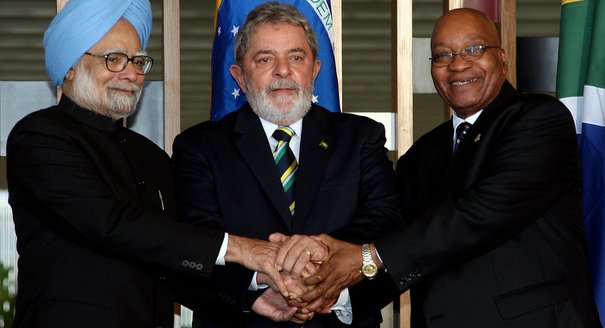The rise of China, India, and other emerging markets has been anticipated for years by numerous economists, and the recent global recession has only accelerated this trend. New projections for economic growth through 2050 offer insight into the implications of this changing economic landscape.
Key Conclusions
- The world’s economic balance of power is shifting rapidly. China remains on a path to overtake the United States as the world’s largest economic power within a generation, and India will join both as a global leader by mid-century.
- Traditional Western powers will remain the wealthiest nations in terms of per capita income, but will be overtaken as the predominant world economies by much poorer countries. Given the sheer magnitude of the challenge of lower-wage competition, protectionist pressures in advanced economies may escalate.
- The global economic transformation will shift international relations in unpredictable ways. To retain their historic influence, European nations will be pressed to conduct foreign policy jointly—an objective implied by their recently ratified constitution—and will need to reach out to emerging powers. Japan and Russia will seek new frameworks of alliances. The largest emerging nations may come to see each other as rivals.
- Absolute poverty will be confined to small pockets in sub-Saharan Africa and India, though relative poverty will persist, and may even become more acute. Carbon emissions are also on a path toward climate catastrophe, and by mid-century may constitute a serious risk to the global growth forecast.
- International organizations such as the IMF will be compelled to reform their governance structures to become more representative of the new economic landscape. Those that fail to do so will become marginalized.


.jpg)


